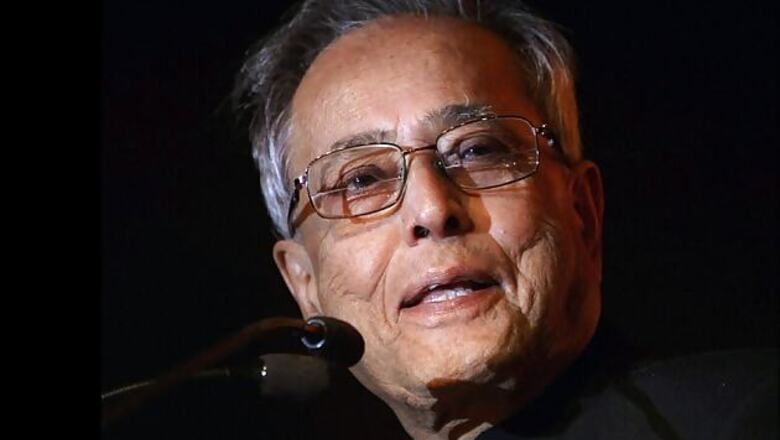
views
Manipal: Amid persisting global uncertainties, Finance Minister Pranab Mukerjee on Saturday said that India's domestic demand, high savings rate and regulatory mechanisms make it a resilient economy.
He, however, emphasised upon the need for increased coordination among countries to realise collective gains in the face of global economic woes.
Mukherjee further said that performance of Asian economies in short to medium-term is crucial not only to keep the engine of global growth running, but also to hasten global recovery.
In the long term, a key advantage that Asian economies, prominently India and China, possess is high rates of savings and investment, he said Inaugurating a seminar on '21st century as the Asian Century - Role of India and China', organised by Manipal University.
He added that India's resilience results from the fact that the bulk of country's GDP is driven by domestic demand.
Asian economies in general have evolved to be attractive destinations for foreign direct investment, which is aiding innovation in their economies, Mukherjee said.
On global efforts, he said, "We must appreciate that to gain in unison, we must act in unison. Even in the existing international fora, including the G-20 and the IMF, we should aim to coordinate more in areas where there is significant collective gain to be achieved."
Mukherjee added, "A crisis of the magnitude that we are witnessing compels us to take notice of our deficiencies, suitably re-orient policies and re-define priorities."
Going forward, he said, GDP growth in many developing nations must be accompanied by measures aimed at fulfilling the aspirations of the young population just as social security compulsions would assume prominence in ageing societies.
















Comments
0 comment